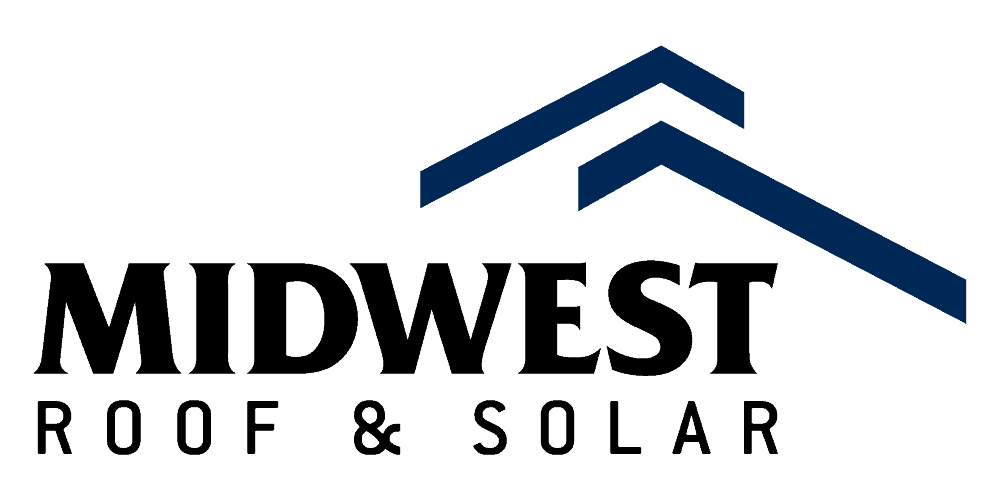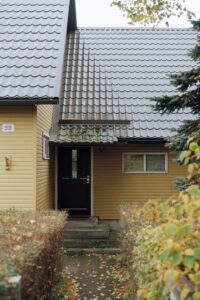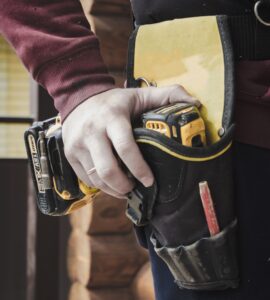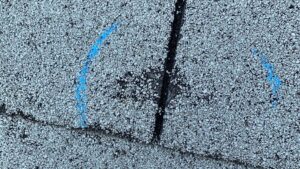For those in need of a commercial roofer, there are many different commercial roofing materials to choose from. The roofing material that you ultimately choose will have a large impact on the roof’s performance, longevity, and price. So, it’s wise to read up on the range of commercial roofing materials available today so that you make the right choice for your needs.
Below, you’ll find the top materials used for commercial roofing projects in Minneapolis and around the country. Consider the pros and cons of each before selecting the material for your new roofing system.
How is commercial roofing different from residential roofing?
Before we delve into the roofing materials that are available for your consideration, let’s first clarify how commercial roofing differs from residential roofing.
The main distinction between commercial and residential roofing is slope. As you likely already know, most homes feature a sloped roof. However, for commercial properties, flat roofing is the norm. Flat roofing can benefit commercial properties with an easier installation process, greater affordability, and minimal maintenance requirements.
Flat roofing isn’t perfectly flat. It’s usually at a slope of about ten degrees. This minute slope allows for water drainage after a storm. However, it’s unnoticeable – the roof will have a flat appearance.
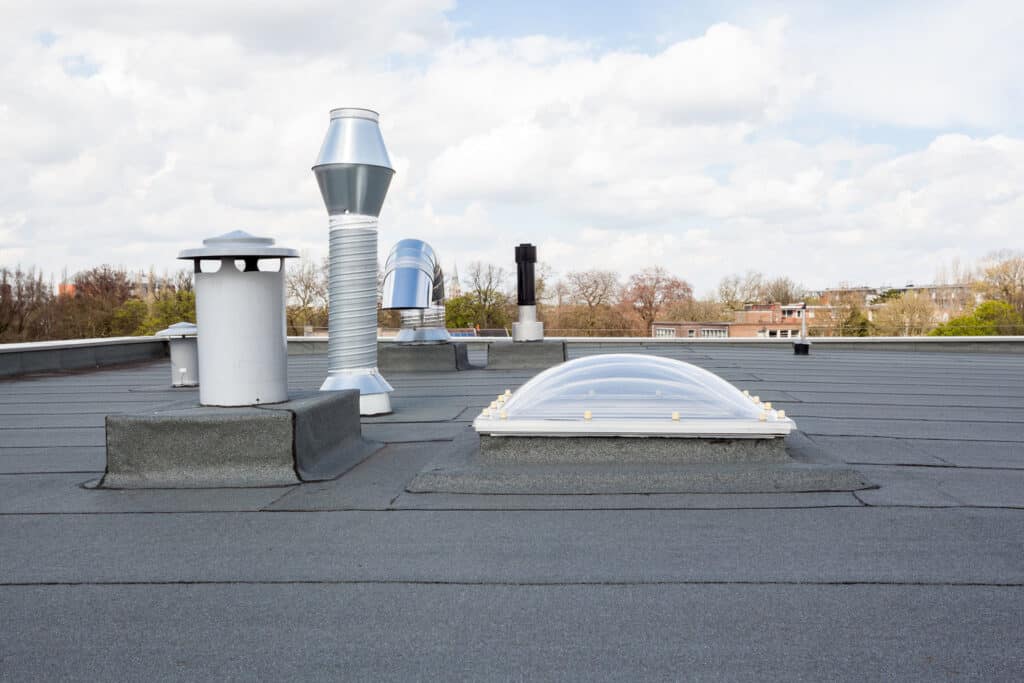
Most Popular Commercial Roofing Materials
Metal Roofing
Metal roofing is a highly popular option for commercial roofing, as well as residential roofing in Minneapolis. This is because the strength, longevity, and recyclability provided by metal roofing is an advantage in both commercial and residential applications.
A commercial metal roof is made up of metal panels that overlap. There are many different styles of metal roofing, including standing seam. In this type of metal roof, the seams of the metal panels are secured to open framing or a roof deck with concealed fastening. This gives the roof a clean, sleek appearance. Make sure you work with a Minneapolis commercial roofer that has experience with metal roof installation.
There are many benefits to using metal roofing materials for your commercial roof. These include:
- A long lifespan of 40 to 70 years, depending on the type of metal
- A sleek, modern look
- Energy-efficiency, given that the metal reflects the sun’s rays to prevent heat absorption. This will allow your business’s HVAC system to run much more efficiently during the summer months.
- Recyclability, because metal roofing can be fully recycled once it’s reached the end of its lifespan.
Unfortunately, as is the case with any roofing material, metal roofing does have some drawbacks, including:
- A high cost compared to other commercial roofing materials
- Susceptibility to dents, especially in hailstorms
- Noise during a storm
Modified Bitumen
Modified bitumen roofing is a type of commercial roofing that’s mainly comprised of asphalt. Designed for flat roofing, modified bitumen roofing includes bitumen base sheets and membranes, followed by adhesive and surfacing for protection against the sun’s UV rays. This type of roof can be installed with self-adhesive, cold adhesive, or heated adhesive. This range of options provides commercial property owners greater choice during the roof installation process.
The pros of modified bitumen roofing are:
- Excellent waterproofing
- High resistance to low temperatures
- Cost efficiency
- High resistance to the sun’s UV rays
- Convenient installation process
The cons of modified bitumen roofing are:
- Risk of dangerous fumes when the bitumen is heated
- Susceptible to damage when walked on
- High risk of water damage if ponding occurs

Built-Up Roofing
Built-up roofing materials consist of asphalt and ply sheet layers. These layers are stacked atop the roof deck, creating a highly durable roofing system. This type of commercial roofing system has been around for centuries and remains a reliable option in commercial applications.
The advantages of built-up roofing include:
- Protection against water damage, given the layered design of the roof and the fact that the roof is entirely sealed.
- Space-efficiency
- Protection against damage from prolonged UV ray exposure
- Minimal maintenance requirements
- Affordability
The drawbacks of built-up roofing include:
- Weight, as built-up roofing can be far heavier than other roofing materials
- Slower installation process than other commercial roofing materials
- Susceptibility to wind damage
- Like modified bitumen roofing, the possibility of dangerous fumes when the bitumen is heated
If you’re seeking a commercial roof replacement in the Twin Cities, don’t hesitate to contact Midwest Roof & Solar today. Our experienced team of certified local roofers will help you select the optimal roofing material for your commercial property.

